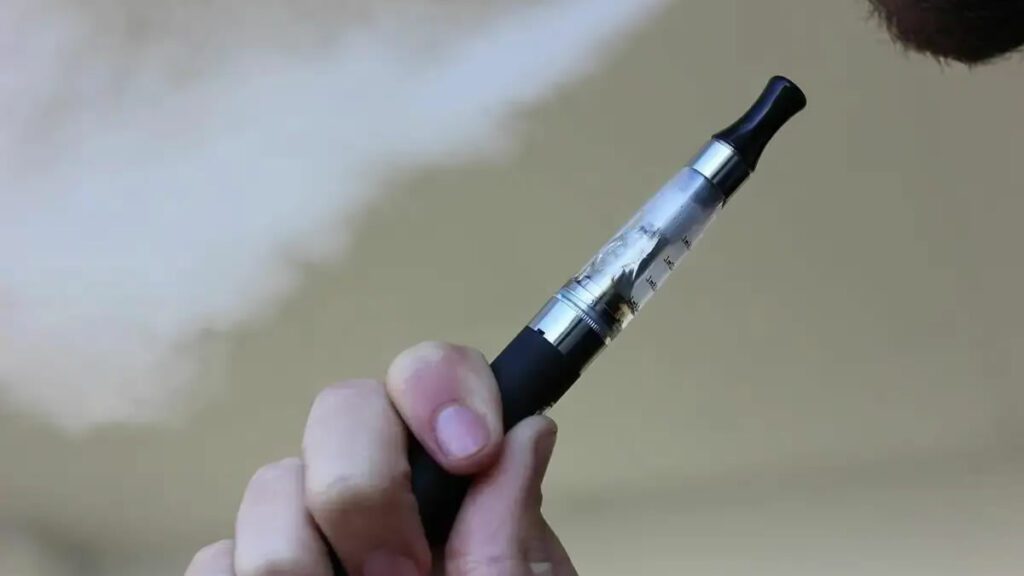As of June 20, 2024, Kazakhstan has officially bid farewell to the sale of non-smoking tobacco products and vapes. The legislation, titled "On amendments and additions to some legislative acts of the Republic of Kazakhstan on healthcare issues," signed by President Kassym-Jomart Tokayev back in April, has now come into full force.
According to a Kazinform News Agency correspondent, the law establishes a comprehensive ban on the sale, distribution, and advertising of non-smoking tobacco products, vapes, flavorings, and liquids used in these devices. The government's decision to implement this sweeping prohibition was initially reported in late July 2023.
Steep Fines and Penalties for Violations
The new law packs a serious punch when it comes to penalties for those caught violating the ban. Individuals found selling or distributing non-smoking tobacco products could face fines of up to 200 MCI (738,400 tenge), community service of the same amount, public works for up to 200 hours, or even arrest for up to 50 days.
But the real kicker comes for those caught importing or producing these banned products. Offenders could be slapped with fines of up to 2,000 MCI (7,384,000 tenge), community service of the same amount, public works for up to 600 hours, restriction of freedom for up to 2 years, or imprisonment for the same period, with or without confiscation of property.
And if these violations are committed by a criminal group, involve particularly large income, or are repeated offenses, the penalties are even more severe. Violators could face fines of up to 5,000 MCI (18,460,000 tenge), community service of the same amount, public works for up to 1,200 hours, restriction of freedom for up to 5 years, or imprisonment for the same period, with confiscation of property.
Vaping on the Rise Among Kazakh Youth
The government's decision to implement this ban comes amid growing concerns about the rising popularity of vaping among Kazakh youth. Since 2017, the Ministry of Health has been conducting a study every four years called "Health Behavior in School-aged Children" (HBSC) among children aged 11-15 in Kazakhstan.
The latest findings paint a troubling picture. According to the study, 9.8 percent of Kazakh children regularly use electronic cigarettes (vapes), including 11.3 percent of boys and 8.2 percent of girls aged 11-15. Moreover, 5.8% of children (6.7% of boys and 4.9% of girls) have used vapes in the last 30 days, a rate that increases with age, particularly among boys.
Perhaps most alarming is the fact that from 2014 to 2022, the number of electronic cigarette users among boys increased fivefold, while among girls, it increased a staggering sevenfold.
As Kazakhstan takes this bold step to curb the spread of vaping and protect the health of its citizens, particularly its youth, the country joins a growing list of nations taking a hard stance against these controversial devices.

Vape Industry Content Creator | Product Reviewer | Harm Reduction Advocate
Daniel Brooks is a vape industry content creator with a strong focus on product reviews, device performance, and consumer education. With extensive hands-on experience using disposable vapes, pod systems, and e-liquids, Daniel provides practical, unbiased insights for adult consumers.








